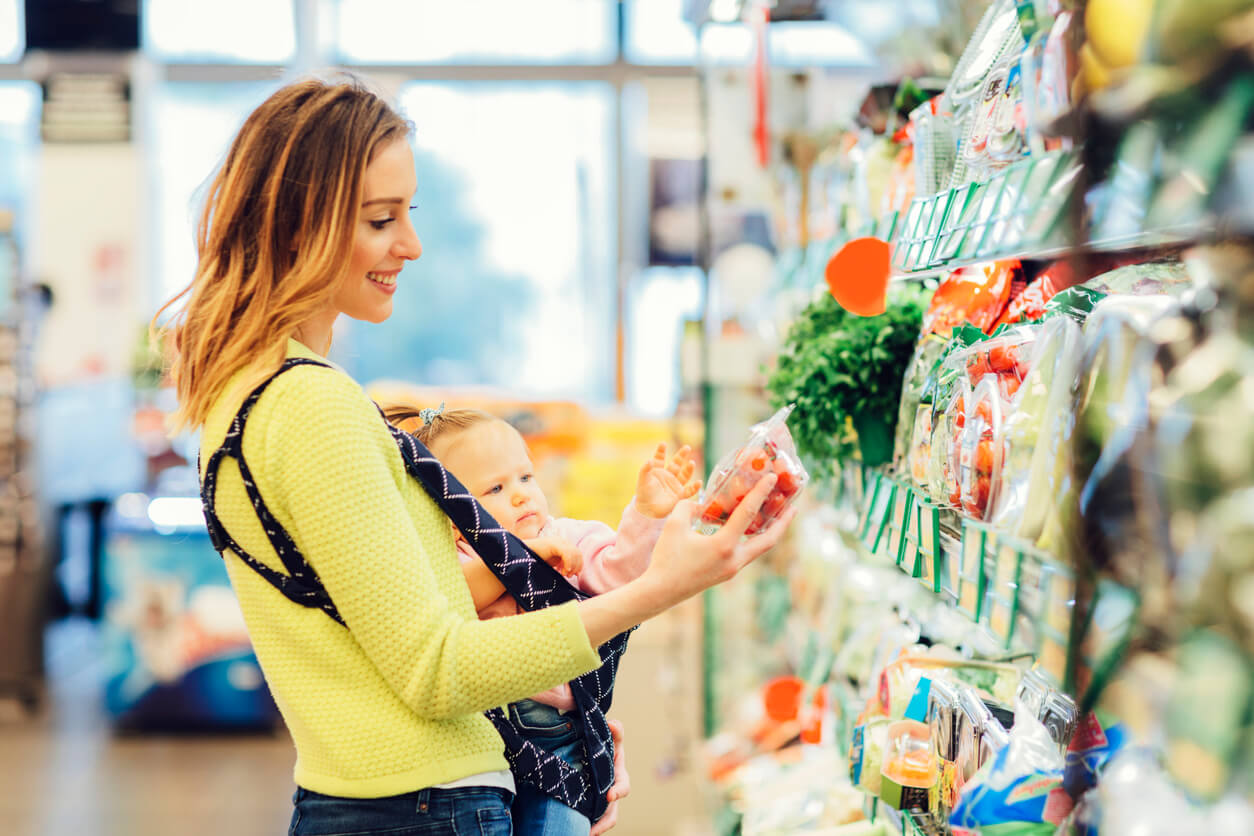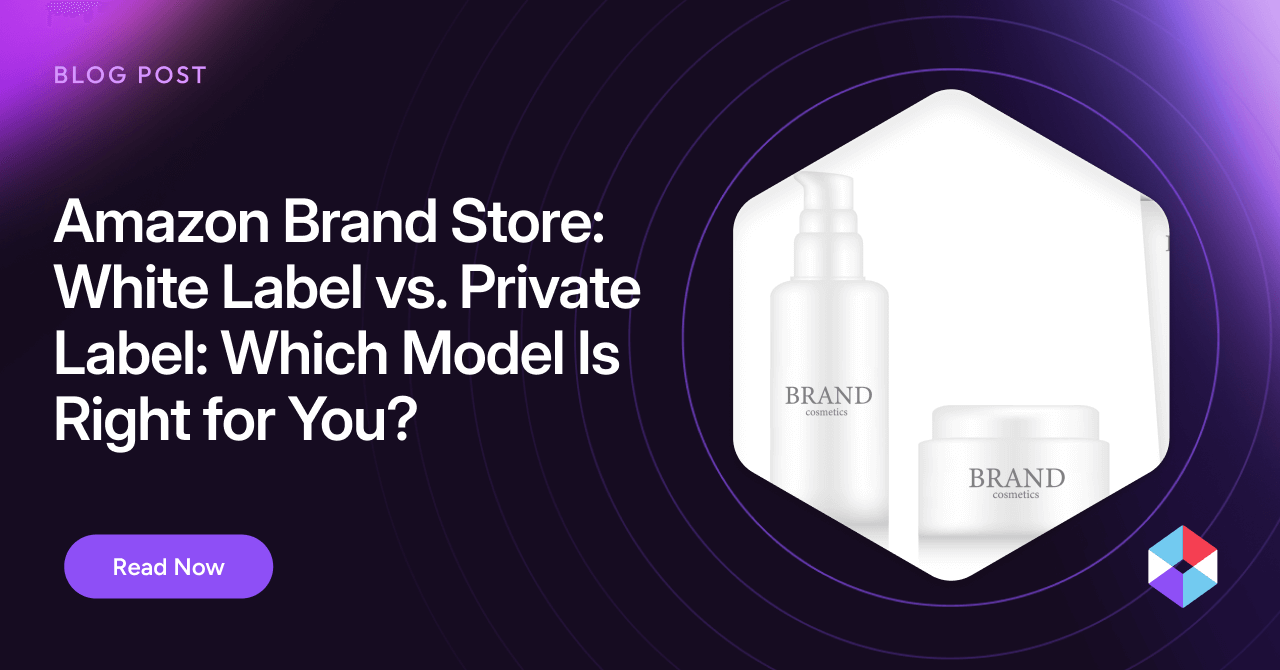It seems everywhere you look, brands are pushing hard to position their products as organic, natural, eco-friendly, or ecological. But does this strategy actually drive sales? What are consumers actually choosing?
On the basis that organic and/or eco-friendly products are particularly high profile in the baby-care space, we used this as a product category and set out to understand how much this strategy impacts sales, using the Noogata eCommerce library of AI-driven analytics blocks. The surprising answer appears to be – no, consumers are not actively searching for eco-friendly or organic products and that these are still far from the mainstay of consumer choices, at least when it comes to baby-care products.
Noogata mapped and tracked over 15,000 of the most prominent search terms and keywords used on North American eCommerce platforms when looking for baby-care products. In total, these search terms account for well over 28m consumer searches a week. Out of all the terms tracked:
- Only 210 specifically indicated a preference for natural, organic, or eco-friendly products – representing just over 70,000 weekly searches, or around 0.25% of the total search traffic analyzed
- Only 1,879 terms, representing just over 2.6m searches a week (or just under 10% of total search volume) tended to lead to the purchase of products that explicitly claim to be organic, natural, eco-friendly, or recyclable/reusable.
- This trend does not appear to be changing either – this time last year the total volume of relevant search traffic was very similar both in absolute terms as well as a percentage of total traffic.
- Three brands seem to be leading the way in this space in terms of brand strength – Burt’s bees, Aveeno and Dreft account for over 30% of all the branded search traffic when consumer preferences are for natural and organic products.




